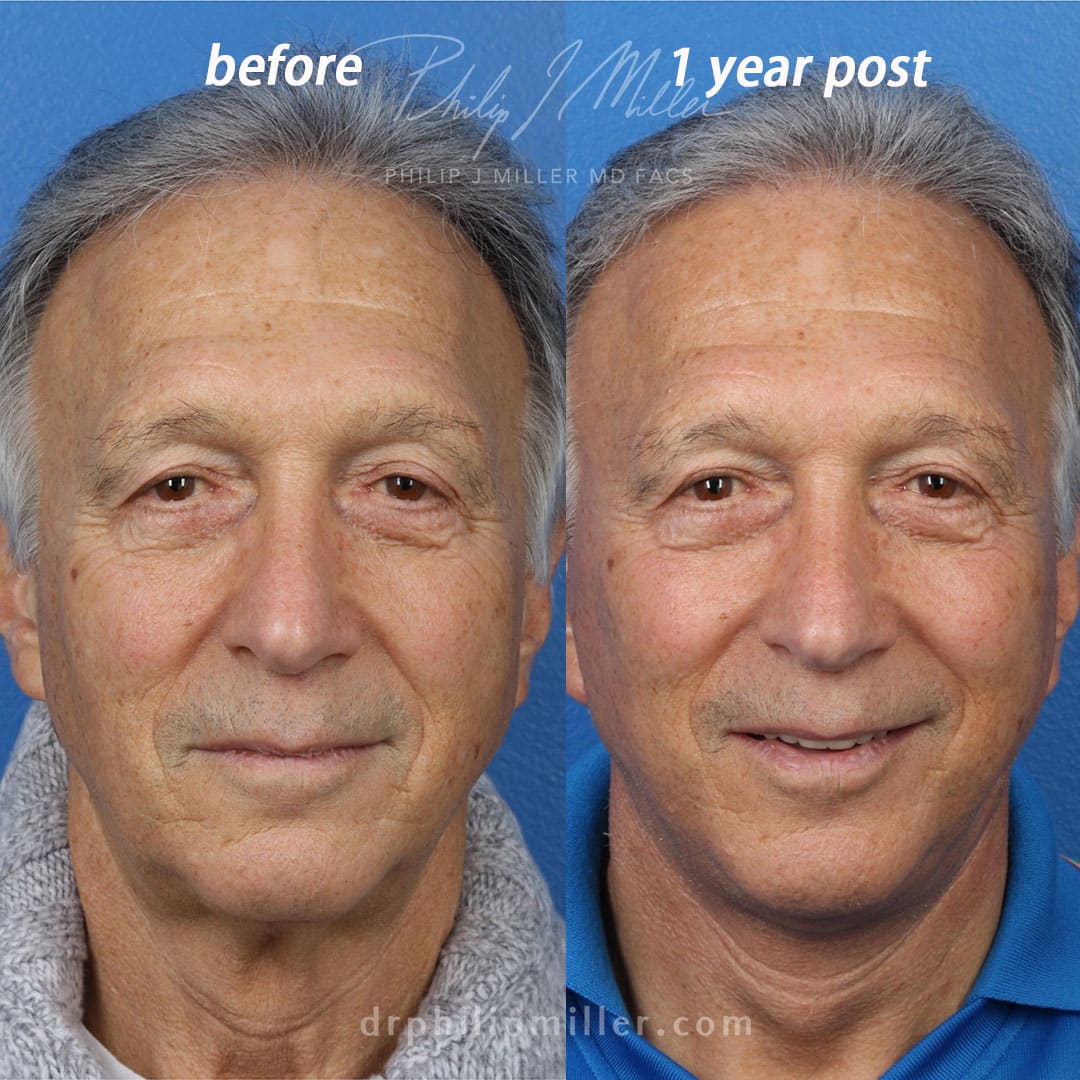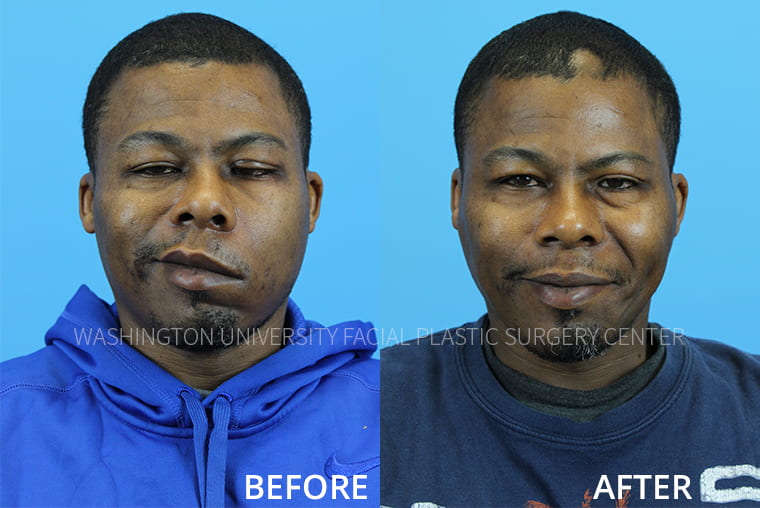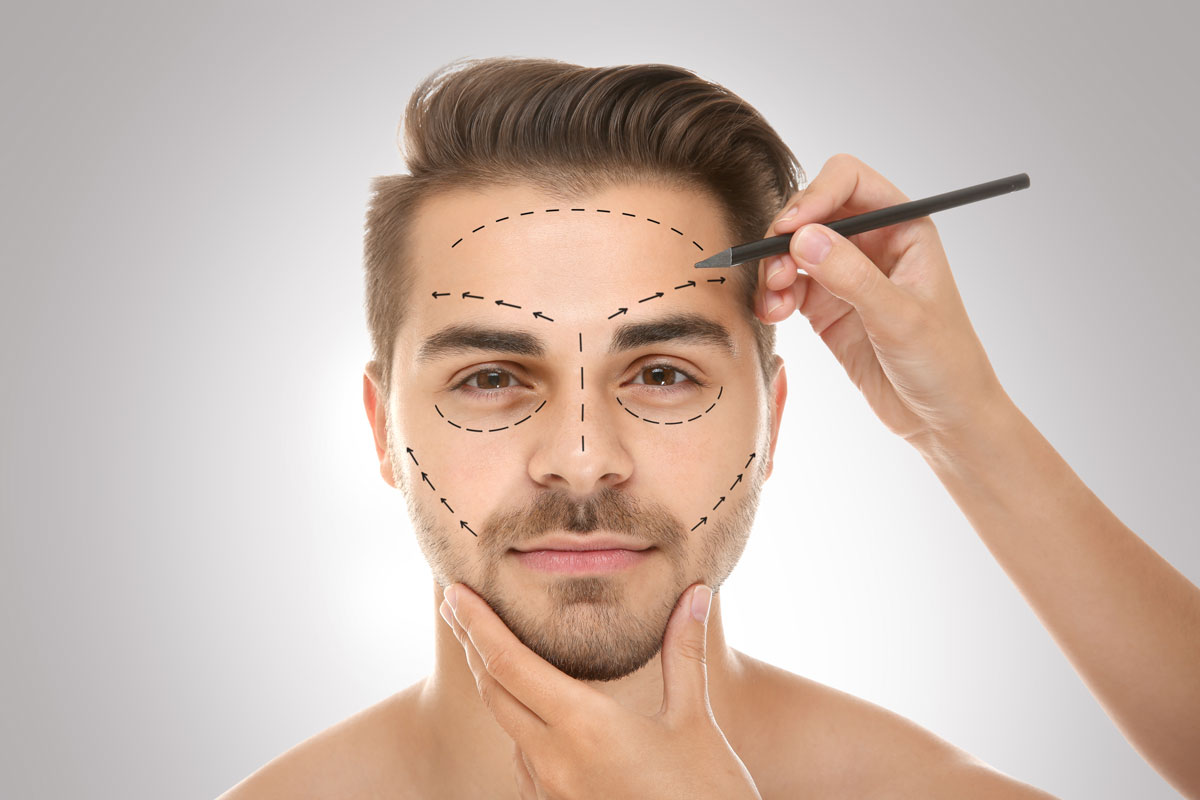Checking Out the Emotional and Social Aspects That Drive Individuals to Think About Aesthetic Surgical Procedure as a way of Renovation
The choice to pursue cosmetic surgical procedure commonly prolongs past simple looks, linking with mental and social dynamics that warrant extensive exam. Aspects such as self-worth, pervasive societal charm standards, and the prevalent impact of social media converge to shape individual motivations for medical improvement.
The Role of Self-worth
Self-confidence significantly influences a person's choice to seek plastic surgery. Individuals with low self-esteem usually view themselves in an unfavorable light, bring about feelings of insufficiency concerning their physical look. This negative self-perception can drive them to seek medical interventions as a method of improving their self-image. The wish for improvement in one's appearance is often connected to an idea that such adjustments will raise their general self-respect and self-confidence.

Inevitably, the function of self-confidence in the decision-making process relating to cosmetic surgical procedure highlights the intricate interaction in between body photo, individual satisfaction, and psychological wellness. Recognizing this relationship is essential for healthcare specialists to make sure that clients are making informed choices rooted in practical assumptions and emotional wellness.
Societal Elegance Requirements
Influenced by pervasive media representations and social narratives, social appeal standards play an important duty fit people' assumptions of their very own bodies. These standards are frequently identified by an idyllic kind of charm that emphasizes attributes such as slimness, youthfulness, and balance. As these suitables are bolstered via different channels, including television, film, and advertising and marketing, people often internalize these messages, resulting in dissatisfaction with their natural look.
The implications of these societal standards extend past visual preferences; they can influence self-worth, mental health and wellness, and social connections. People who view themselves as dropping short of these criteria might experience feelings of inadequacy, motivating a desire for cosmetic surgical treatment as a way of attaining social approval. This quest is commonly fueled by the belief that adjusting to these ideals will enhance not only physical look yet also social standing and personal satisfaction.

Impact of Social Media Site
The impact of social beauty requirements is additional amplified by the increase of social networks platforms, where curated images and idealized depictions of beauty are common. Users are continuously revealed to filteringed system and modified photos, which typically show unattainable physical attributes. This exposure cultivates a society of comparison, leading individuals to assess their own appearance against these typically impractical criteria.
Social network influencers and stars frequently advertise aesthetic treatments, normalizing the concept that medical improvements are a viable methods for attaining social perfects (plastic surgery rancho cucamonga). The visibility of these enhancements can create a perception that undergoing plastic surgery is a typical practice, therefore influencing people to consider similar click to read more treatments as a path to enhanced self-worth and social approval
In addition, the interactive nature of social media sites permits instant comments with sort and remarks, better strengthening the need to adapt preferred appeal requirements. Such communications can exacerbate sensations of inadequacy and drive people toward cosmetic surgical treatment as a way of gaining validation. Eventually, social media plays a crucial function fit assumptions of elegance, which dramatically influences the decision-making procedures surrounding cosmetic surgery.

Social Point Of Views on Appearance
Throughout numerous societies, understandings of appearance are deeply rooted in historic, social, and economic contexts, shaping individuals' sights on charm and desirability. In several cultures, appearance functions as a significant marker of identification, affecting social status, specialist chances, and personal partnerships. For example, in some societies, light skin is usually related to wealth and privilege, while others may idealize darker complexion as symbols of toughness and authenticity.
Moreover, typical charm standards are usually continued with cultural stories, media depictions, and household affects, leading to differing perfects throughout different areas (plastic surgery rancho cucamonga). In Western societies, the focus on youth and physical conditioning commonly drives individuals toward aesthetic improvement, while in specific Eastern societies, more refined changes lined up with standard aesthetics may be chosen
Globalization and the spreading of electronic media have additionally complicated these characteristics, creating a hybridization of charm perfects that goes beyond geographical boundaries. As people significantly browse these cultural narratives, the stress to adapt specific appearance requirements can bring about the desire for cosmetic surgical procedure, showing a complicated interaction of individual desires and social worths. Recognizing these cultural point of views is vital in resolving the motivations behind cosmetic surgical procedure factors to consider.
Emotional Impacts of Plastic Surgery
Several people looking for cosmetic surgical procedure record experiencing extensive emotional effects that can dramatically change their self-perception and emotional well-being - plastic surgery rancho cucamonga. The desire for physical enhancement frequently stems from underlying concerns such as reduced self-confidence, body dysmorphic condition, or societal stress relating to elegance requirements. For some, the prompt post-operative stage can cause a momentary boost in self-confidence and complete satisfaction with their appearance, fostering a sense of empowerment
However, these favorable feelings might not be withstanding. Research shows that while some clients experience improved self-worth, others might Get More Information deal with increased anxiety or anxiety if their expectations are not satisfied. This inconsistency can arise from impractical suitables perpetuated by media depiction and social stories bordering elegance.
In addition, the psychological implications of cosmetic surgical treatment prolong beyond the individual. Relationships with friends and family may be stressed as social dynamics change, causing feelings of seclusion or alienation. Eventually, the mental effects of plastic surgery are intricate and complex, calling for cautious consideration by both prospective individuals and doctor to guarantee informed decision-making and reasonable expectations.
Verdict
Finally, the decision to go after cosmetic surgery is dramatically influenced by a combination of self-confidence issues, societal appeal requirements, and cultural viewpoints on look. The prevalent reach of social networks even more aggravates these stress, promoting unrealistic suitables that individuals often aim to obtain. Recognizing these social and psychological elements is vital for addressing the inspirations behind plastic surgery, highlighting the need for an extra nuanced discussion bordering appeal and self-acceptance in contemporary society.
The decision to go after cosmetic surgical procedure usually expands past simple looks, linking with emotional and social characteristics that merit detailed examination. Ultimately, social media plays an essential function in shaping perceptions of beauty, which considerably affects the decision-making processes bordering cosmetic surgical treatment.
As people increasingly browse these cultural stories, the stress to adapt to specific appearance criteria can lead to the desire for cosmetic surgery, showing a complex interaction of individual goals and cultural worths.In final thought, the decision to go after cosmetic surgical treatment is dramatically influenced by a mix of self-worth problems, social charm standards, and cultural viewpoints on look. Understanding these mental and social aspects is crucial for resolving the motivations behind cosmetic surgical procedure, highlighting the demand for a much more nuanced discussion her response surrounding elegance and self-acceptance in contemporary culture.